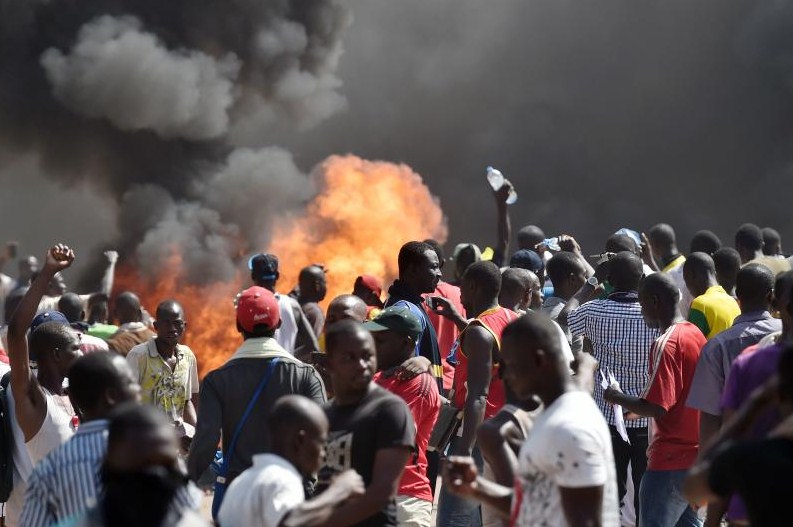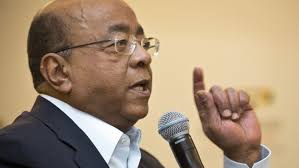Africa’s stagnation highlighted in a high-profile report
BY ALAN GREEN
Titled “A decade of African Governance,” the tenth Ibrahim Index of African Governane (IIAG) was released in London Monday. The IIAG, which measures the quality of governance in all African countries annually, is based on data from multiple sources aimed at providing a reliable picture of governance in Africa.
The report provides a rather gloomy picture of governance in Africa over the past decade on a range of criteria on which it ranks the countries, including the rule of law, free elections, economic performance, among others.
According to the report, the continent’s decline is most remarkable in the index’s “Safety & Rule of Law” category. While small countries such as Botswana, Cape Verde, the Seychelles, Namibia and Mauritius have done well, with scores that put them at the top, larger nations such as Ghana and South Africa have received lower scores than in previous reports in nearly every category. The last in the class are war-torn countries including South Sudan, Somalia, Burundi and Libya.
Overall, based on the cumulative index for the whole of Africa, the continent’s score in terms of governance has gone up by a meager one point over the past decade, but the majority of African nations have scored worse than ever in the past three years in the areas of safety and rule of law, that is national security, the judicial system, accountability and personal safety.

An emblematic sign of Africa’s stagnation lies in the decline of the economy of South Africa, the continent’s most industrialized country which is now plagued with a 25% unemployment rate, students’ protests over fee increases, and voters’ disatisfaction with Mandela’s party, the one-time reputable African National Congress. Equally alarming is the fact that even among the higest-scoring countries, several have shown deterioration over the past ten years in the index’s rights category, with the deterioration in freedom of expression among a staggering 67% of the continent’s population.
The report notes a minor improvement in education, gender equality and health infrastructure, which the index’s founder, Dr. Mohamed “Mo” Ibrahim, sees as a sign of hope.
“Mo” Ibrahim is a Sudanese-British mobile communications entrepreneur and billionaire best known for the Mo Ibrahim Prize for Achievement in African Leadership which comes with an initial payment of whopping $5 million over a ten-year period, and $200,000 annual payment for life to African heads of state who deliver security, health, education and economic development to their constituents and democratically transfer power to their successors.



